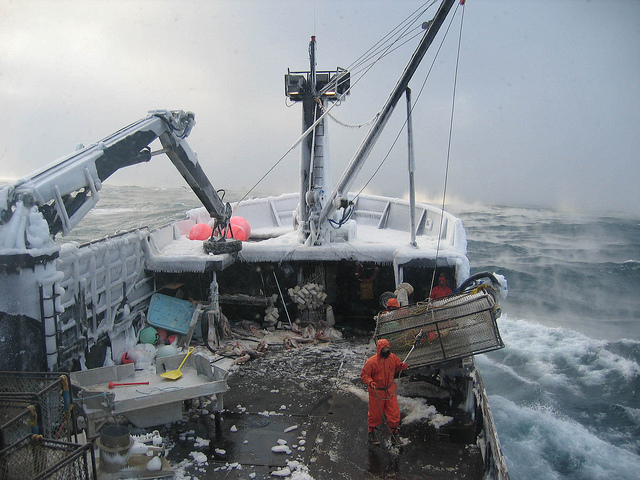
Fishing Industry of Canada at a major risk of stock collapse
“We’re at potential risk for another stock to potentially collapse. It’s disconcerting that the department wasn’t aware of this, couldn’t wrap it up,” told Julie Gelfand to all reporters in Ottawa.
Gelfand in her fall report, mentioned about 15 of Canada’s major fish stocks, which are considered to be critically at risk, are still being fished. However, twelve of those stocks currently have no government rebuilding plan in place. The commissioner said they weren’t even aware of it until she had completed her audit.
“We gave them that number,” Gelfand said.
In 1992, Newfoundland’s Grand Banks cod fishery collapsed leading to an economic crisis that put some 40,000 people out of work and shocked the rural fishing communities across Atlantic Canada. The once plentiful stock had diminished to near extinction. The crisis however forced Ottawa to impose a moratorium on fishing for northern cod, closing down an international industry that had existed for over 500 years.
Glefland said the Department of Fisheries and Oceans’ science resources “are stretched” and “catch monitoring programs are not working to capture the information the department needs.” Furthermore, she also points, “In addition systems used to manage fishing data are inadequate and inefficient.”
The commissioner harps on the point that, “Without a clear sense of how many fish there are and how many are being caught, it is difficult for Fisheries and Oceans Canada to ensure that fisheries are sustainably managed for the benefit of current and future generations.”
According to the statics released in 2014, it is seen that some 600 Canadian communities are economically dependent on the country’s fishing industry as it employed more than 76,000 Canadians.
Gelfand said the Department of Fisheries and Oceans has accepted all of her recommendations and has established timelines to address the issues. Yet, the commissioner could not say whether those timelines were suitable to mitigate a potential stock collapse in time.
The Harper government instituted sharp cuts at Fisheries and Oceans, with $100 million cut from the department’s $1.9 billion budget over three years in 2013. The budget reductions saw some 20 to 25 percent of the department’s staff let go.
The Liberals reversed some of those cuts in the 2016 budget — promising $197.1 million over five years, on a cash basis, to Fisheries and Oceans Canada “to increase ocean and freshwater science monitoring and research activities and to provide support for the Experimental Lakes Area in north-western Ontario.”
(Reporting by Debarati Mukherjee)
Support Our Journalism
We cannot do without you.. your contribution supports unbiased journalism
IBNS is not driven by any ism- not wokeism, not racism, not skewed secularism, not hyper right-wing or left liberal ideals, nor by any hardline religious beliefs or hyper nationalism. We want to serve you good old objective news, as they are. We do not judge or preach. We let people decide for themselves. We only try to present factual and well-sourced news.







